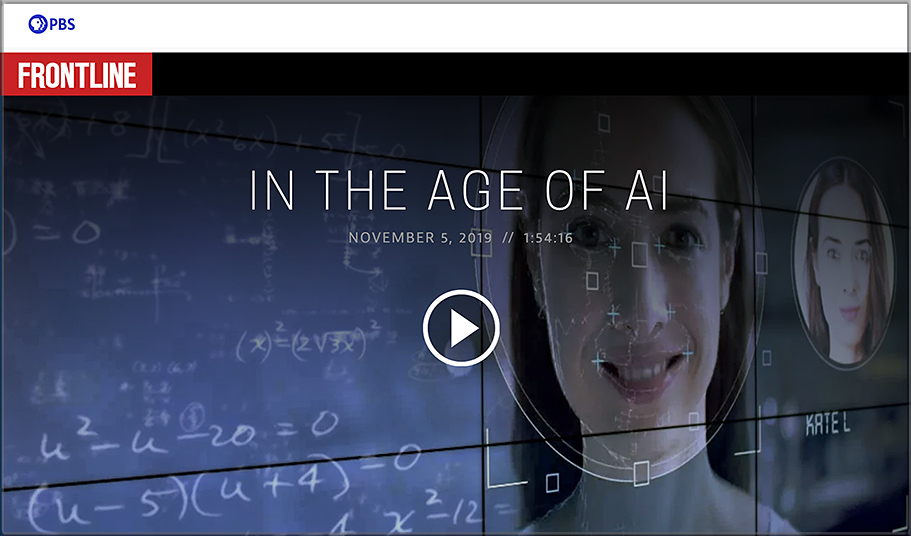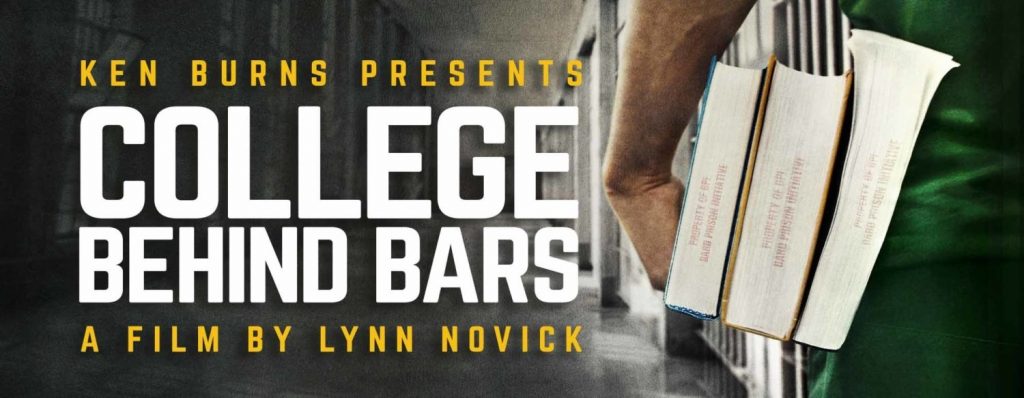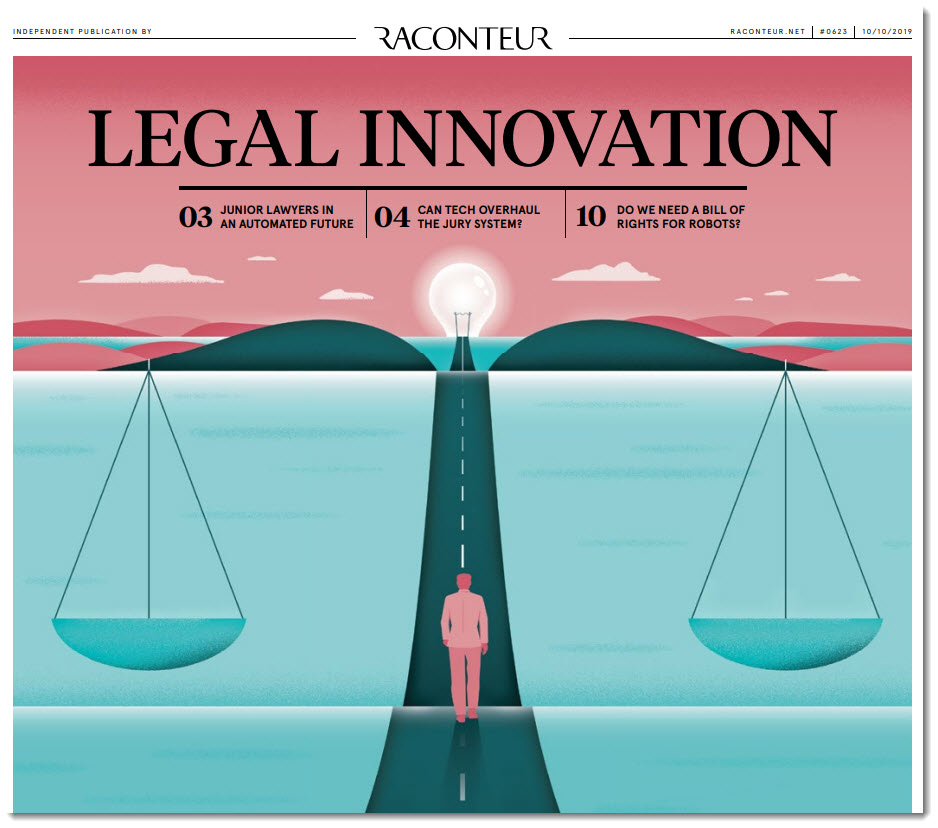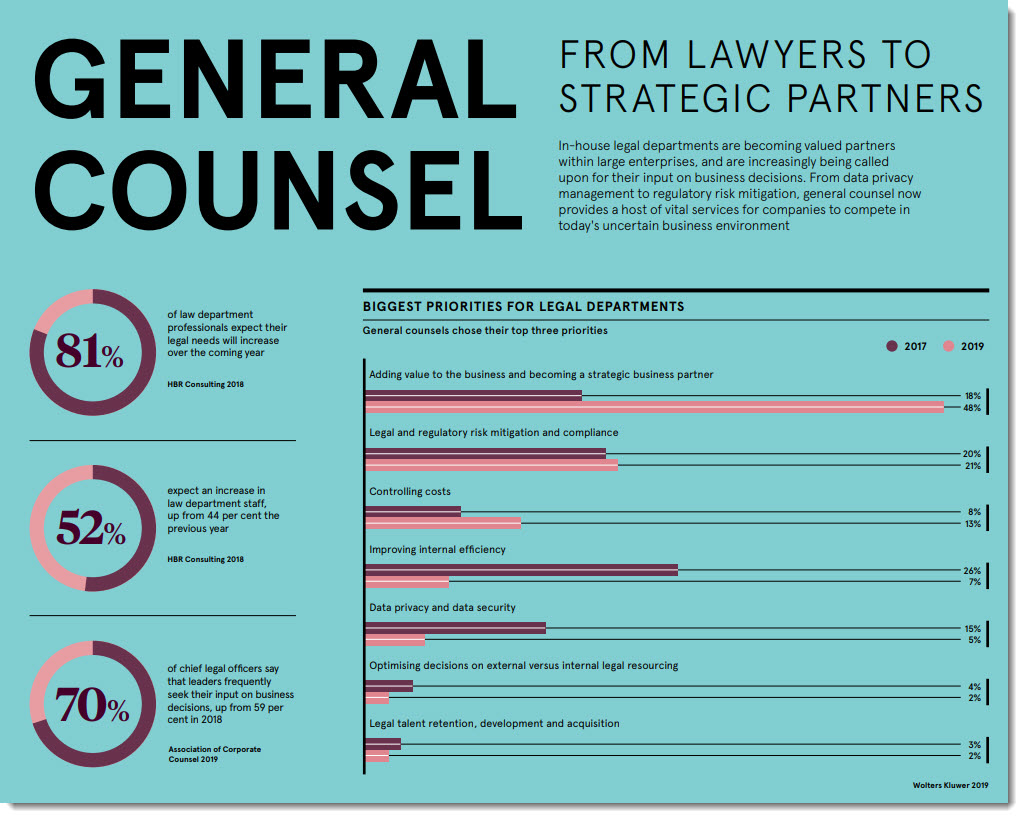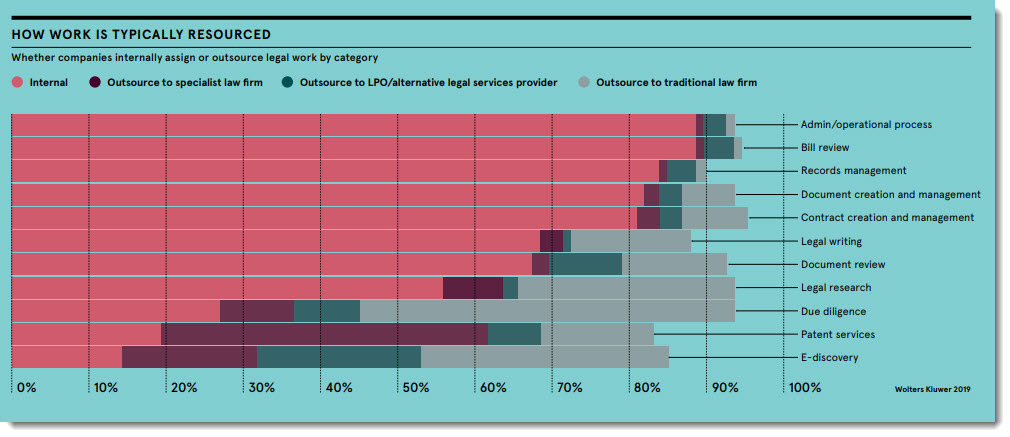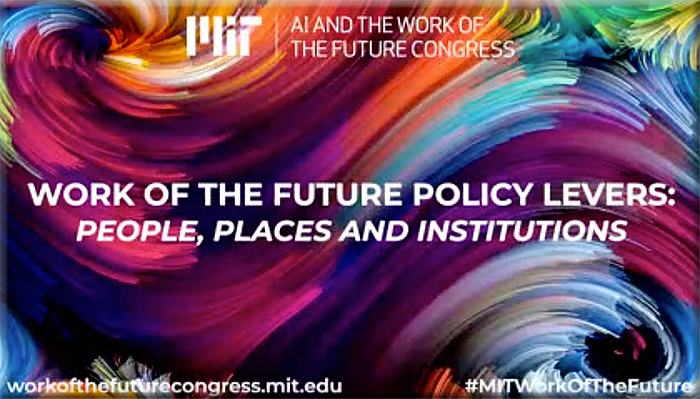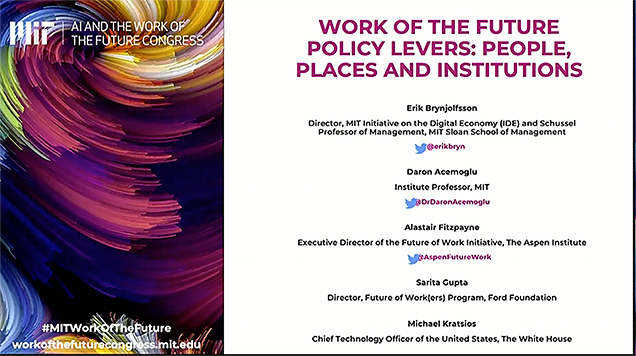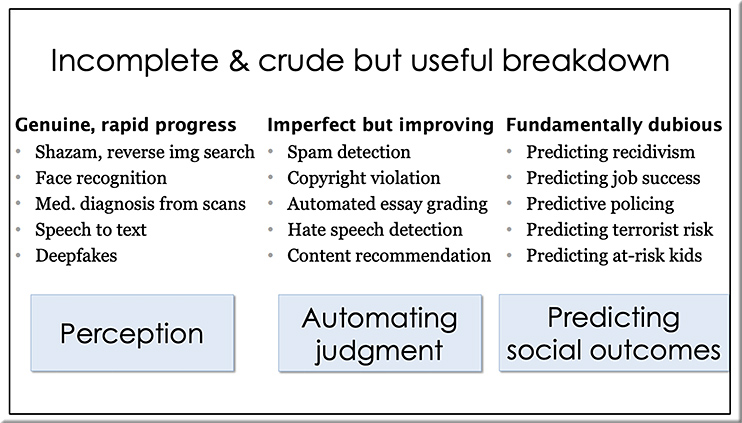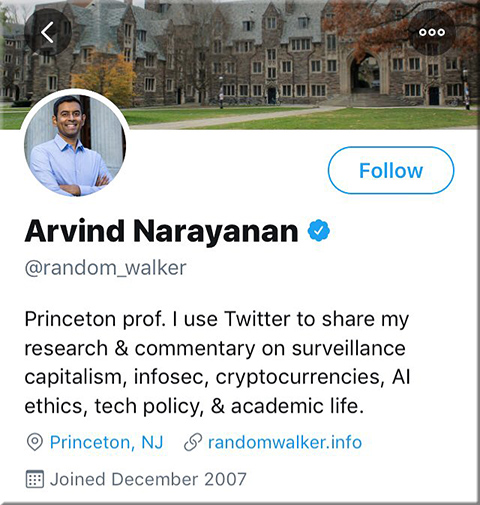Think you could learn Mandarin? This Kansas kindergarten classroom is Chinese-only — from by Robert Smith
Excerpts:
In a Wolf Springs Elementary School classroom with “Chinese Only Zone” signs taped to the walls, kindergarteners are learning their core subjects in the primary language of a global economic superpower located across the world.
This language-immersion class of kindergarteners is part of a new Blue Valley School District initiative to graduate high school seniors fluent in a second language, an asset school officials believe will give students a leg up as they pursue academics and careers and prepare students to participate in a global workforce.
…
Chinese Mandarin, a group of dialects spoken by more than 800 million people, is a tonal language in which the meaning of words can be reflected by voice pitch. Though its grammar is similar to English, words or phrases are represented by Chinese characters.
Besides the usual educational stresses, parents who put their children in the program would need to be committed to the program. Because these kindergarteners are expected to remain together in a Mandarin-speaking classroom all the way through high school, new immersion students can only enter the program in kindergarten.
…
While other elementary-aged students spend roughly 60 minutes studying Spanish per week, this group of kindergartens spends half of their school time each day with Pan learning math, science and social studies in Mandarin. The groups studies reading and literacy with teacher Haley Watkins in English.
“In under a minute we filled all of the slots. That afternoon we had hundreds of people on the waiting list.”
From DSC:
Wow! This is quite the K-12 cohort/immersion! Add to that type of setup tools like Cisco Webex, Blackboard Collaborate, Adobe Connect, etc. — and not to mention what happens with virtual reality in the next decade — and this type of cohort/immersion will likely be highly effective over time.
So what will the future classrooms of the world look like? My guess is that with 5G and virtual reality on the way, there will be a lot more “connections” being made in the future…with many nations/classrooms being involved.

[From my purchase of iStock #1154674846.]









